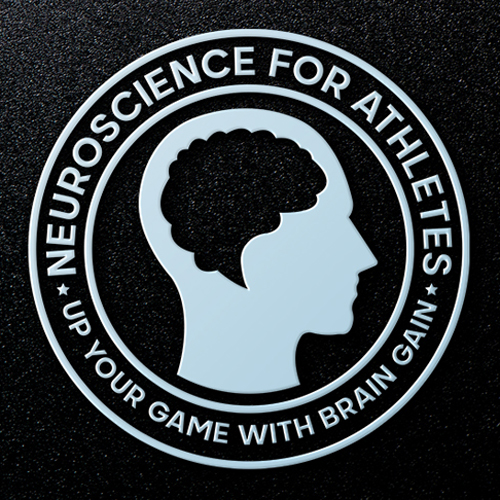Sports are often about overcoming challenges and pushing one’s physical and mental limits. However, performance anxiety or mental blocks can hinder an athlete’s ability to perform at their best. In this blog post, we will explore the causes of performance anxiety in sports and provide practical tips for athletes to overcome mental blocks.
Causes of Performance Anxiety in Sports
Performance anxiety can have various causes, including fear of failure, pressure to perform, lack of confidence, and negative self-talk. Athletes may feel anxious about competing in front of a large crowd, making a mistake, or not living up to expectations. They may also experience physical symptoms such as nausea, increased heart rate, and sweating, which can further increase anxiety.
Techniques for Overcoming Mental Blocks
Positive self-talk: Athletes can use positive self-talk to counter negative thoughts and build confidence. Encouraging one to stay focused, perform to the best of their ability, and trust in their skills can help reduce anxiety and boost confidence.
Goal-setting: Setting achievable goals can help athletes focus on their own performance rather than external pressures. This can help reduce anxiety and boost confidence.
Visualization: Visualizing oneself performing well in competition can help build confidence and reduce anxiety. Athletes can visualize the environment, the competitors, and their performance to create a clear and positive mental image.
Breathing exercises: Deep breathing exercises can help reduce anxiety and improve relaxation. Athletes can use techniques such as diaphragmatic breathing or alternate nostril breathing to help them stay calm and focused.
Mindfulness meditation: Mindfulness meditation involves paying attention to the present moment without judgment. It can help athletes stay focused, reduce stress, and build resilience.
Cognitive-behavioral therapy: Athletes can benefit from cognitive-behavioral therapy, which is a type of talk therapy that focuses on changing negative thought patterns and behaviors. This type of therapy can help athletes identify and challenge negative thoughts and develop coping strategies to manage anxiety.
In conclusion, performance anxiety is a common challenge that athletes face. By understanding the causes of anxiety and using practical techniques, athletes can overcome mental blocks and perform at their best. Building mental resilience takes time and practice, but it is a crucial component of achieving success in sports.

